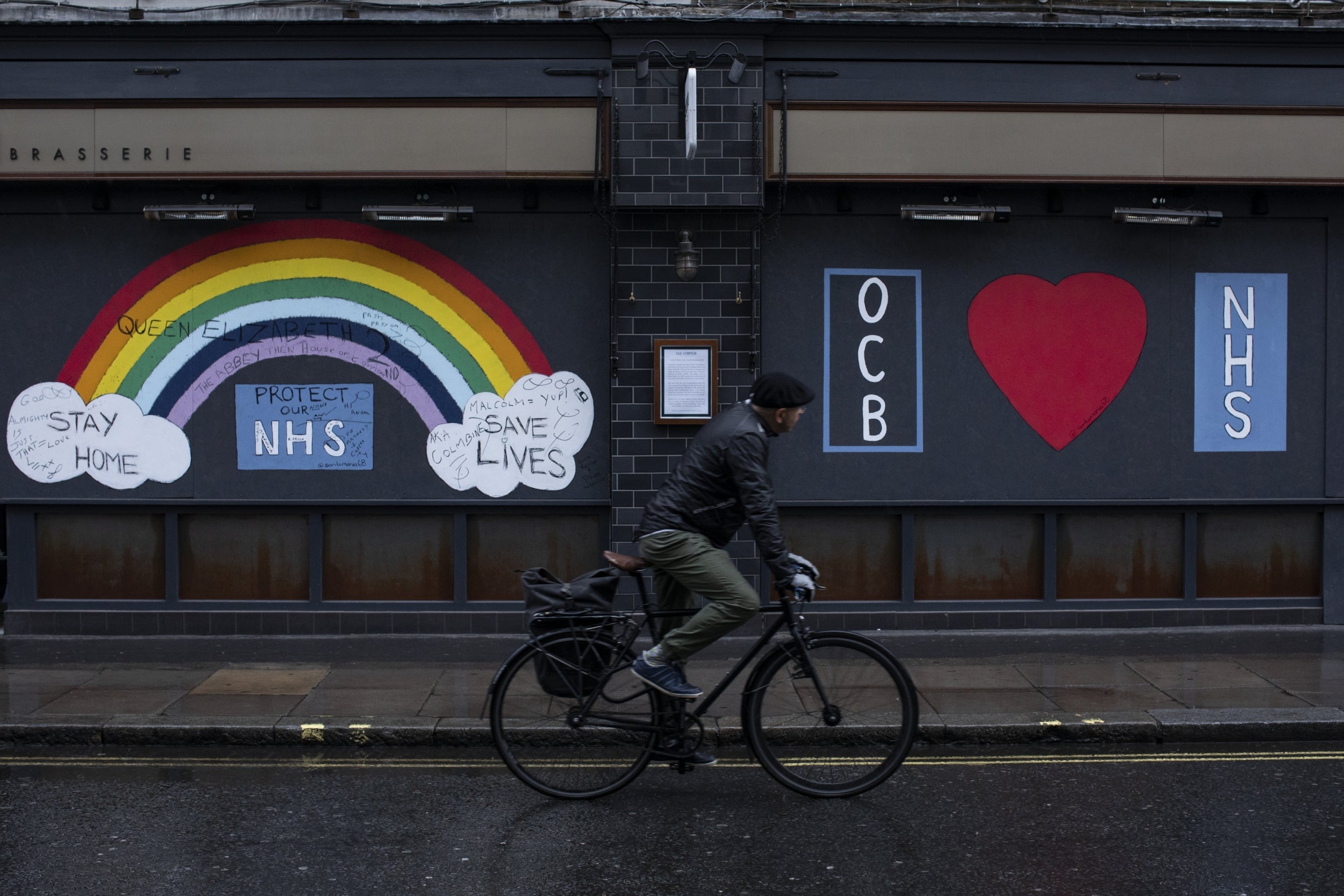Gaping inequalities in Britain have exacerbated the crisis. When will the government fix that?
Editorial: It is becoming apparent that some groups in society are affected more than others, and that is an additional cause of distress and concern

Some 122,347 coronavirus tests were conducted on the last day of April. The news on the long-awaited – and long-overdue – “ramping-up” of testing for Covid-19 is clearly encouraging. However, there is obviously much more to do before the government can unlock the lockdown and to protect the vulnerable. No one disputes that there is still much about this pandemic, and our response to it, that is deeply disquieting.
The coronavirus, we’re constantly told, “does not discriminate”. After all, it has even invaded the prime minister and the Prince of Wales. It is true, indeed, that as a sub-microscopic entity with no discernible prejudicial opinions, that is how it would be expected to behave (although older men seem more susceptible).
However, it is becoming apparent that some groups in society are affected more than others, and that is an additional cause of distress and concern.
The Office for National Statistics, which cannot be dismissed as some cabal of renegade Corbynistas, offers incontrovertible evidence that the poorest areas of the country have been hit hardest by the coronavirus outbreak. The statistics are stark. The most deprived areas suffer around 55 Covid-19 deaths per 100,000 residents; the wealthiest districts escape with 25 or so per 100,000. As ever the capital, surely one of the most unequal patches of territory on the planet, saw some of the greatest disparities. The 11 local authority areas with the highest mortality rates were all in London. Yet the very worst, Newham, with 144 deaths per 100,000 is not so very distant, in epidemiological terms, from Kensington and Chelsea, where it is 67. Covid-19 death rates are also high in Liverpool (82 out of 100,000), Birmingham (78) and Manchester (60). Then again, rates in other less affluent places can be lower – such as Stoke (21), Leeds (34) and Wigan (36).
The general pattern is clear, which is that the largest conurbations do tend to be the worst affected, which is normal in a pandemic. London, after all, was historically the epicentre for successive waves of plague. Yet there seems to be an inequality factor at work. Those places with the largest incidence of poverty, poor housing and inadequate schooling tend to have high mortality rates in any case. People living in cramped conditions and with sometimes patchy access to quality health treatment might also be expected to be hit hard. Those on lower incomes are also more dependent on jobs that cannot be done at home – catering, public transport and taxi drivers, for example. Such occupations are sometimes disproportionately undertaken by Bame citizens, as are roles in the NHS and care sectors. Glancing at the London boroughs, there may be an additional factor of ethnicity at work, already the subject of a government-sponsored expert inquiry. Then again, Leicester, with a more diverse population than nearby and comparable Nottingham, has a roughly equal mortality rate.
We know Britain is a deeply unequal society, and needlessly so. The virus mortality figures seem to confirm something most people are only too well aware of. At some point a detailed statistical analysis will reveal much more about how existing social evils exacerbated a public health crisis. Meanwhile there is an obvious outstanding conclusion to draw: that the government urgently needs to financially and clinically support the weakest in society. That is as urgent a task as any.
Join our commenting forum
Join thought-provoking conversations, follow other Independent readers and see their replies
Comments
Bookmark popover
Removed from bookmarks